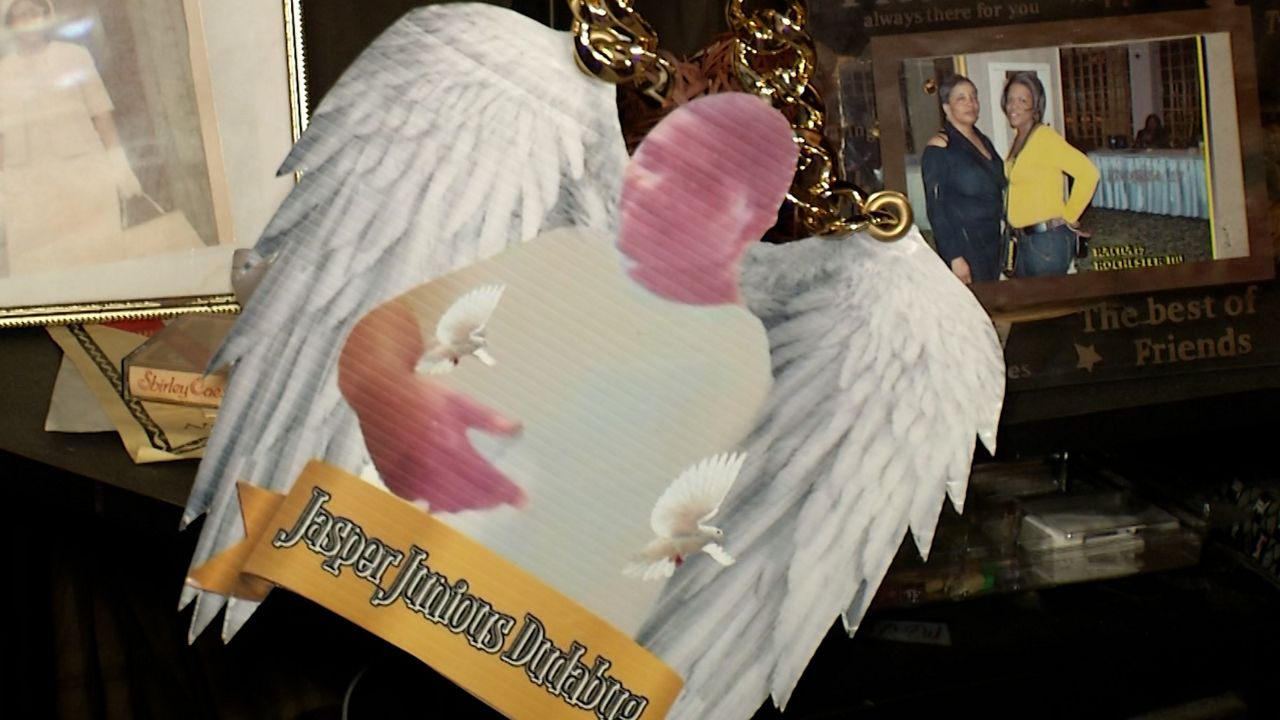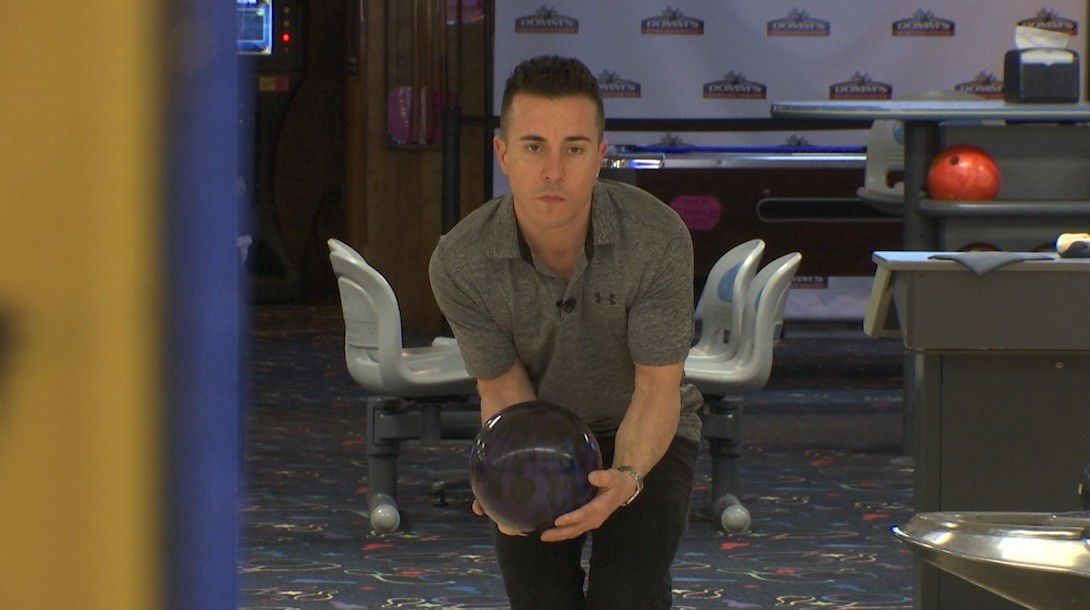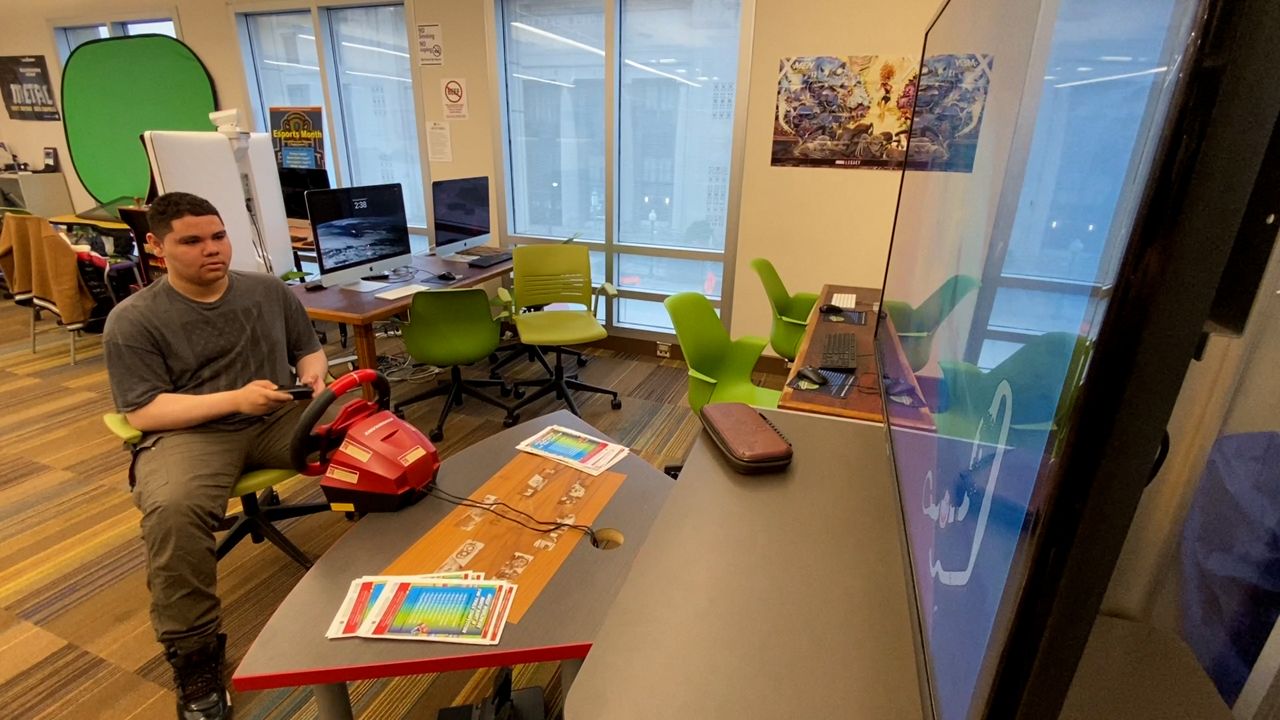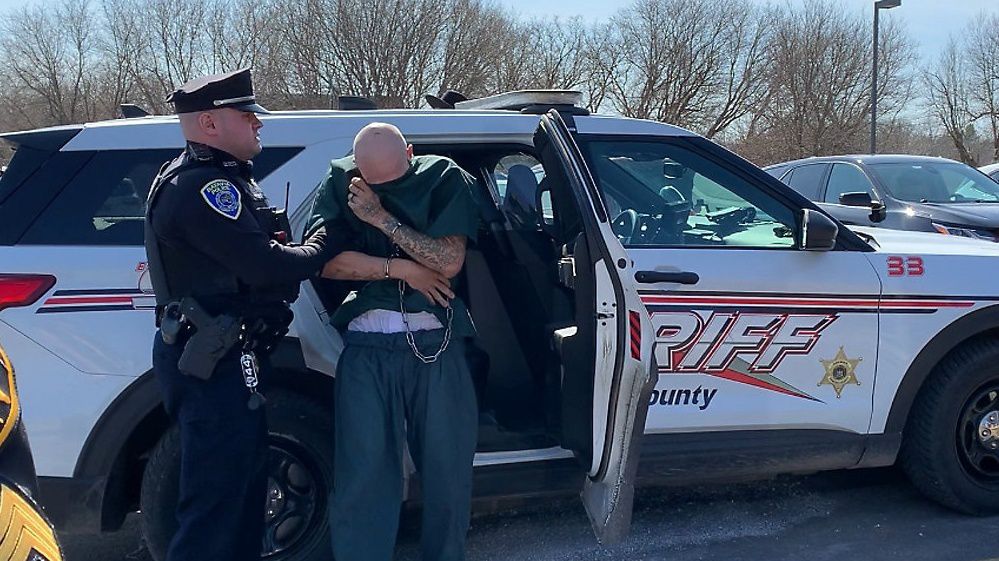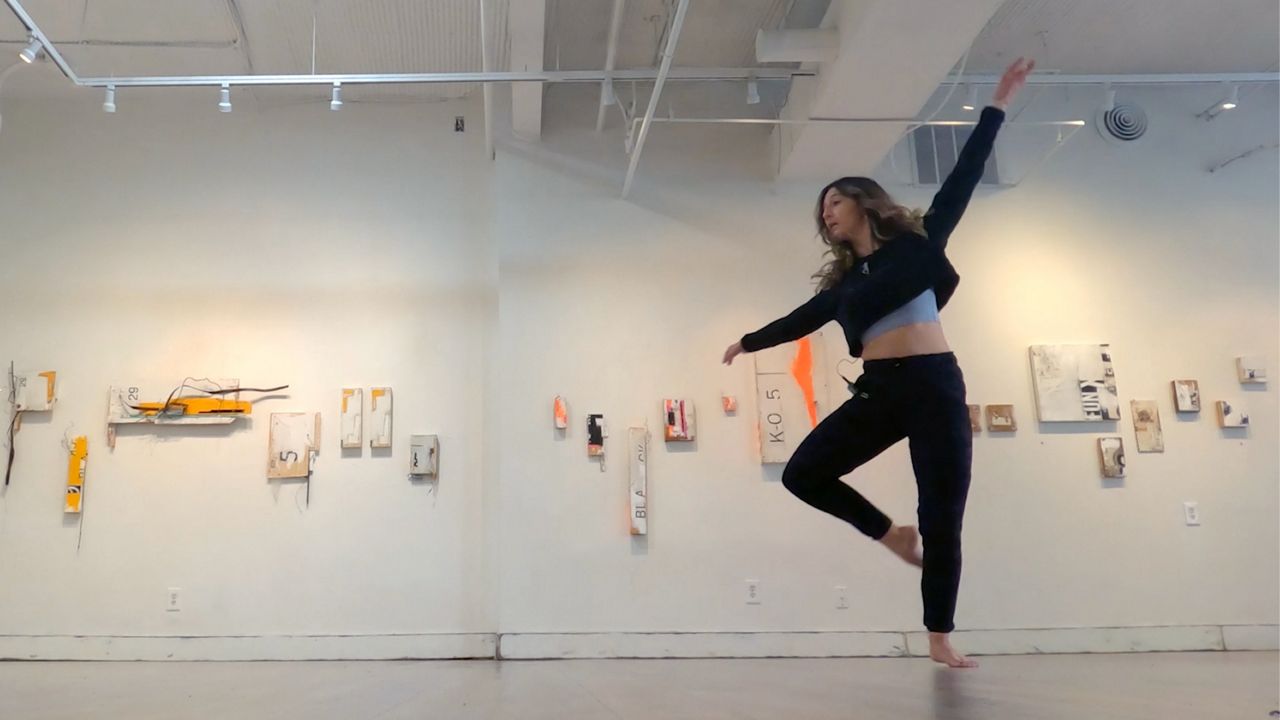ROCHESTER, N.Y. — Until the 1970s and 80s, incidents related to domestic violence were often considered private family matters. Today, there's far more public discussion around the issue and putting an end to DV.
But that's still not the case for many in South Asian communities. A group of volunteers is working to change that.
“DV incidences are about 35 to 40%,” Saathi president Raje Sathasivam said. “And the study subjects were South Asians and it is high.”
Behind the statistics lies a tapestry of human stories.
“It was very difficult to process the story, and it was mind-boggling,” Sathasivam said. “I did not know this was happening in the community, this much of a trauma.”
There are stories of survivors and the unwavering support offered by the Saathi.
“Founded in 2004 by a bunch of volunteers after recognizing the need in the community,” Sathasivam said. “Very active with rescuing victims in the South Asian community. That would be India, Sri Lanka, Bangladesh, Pakistan, Nepal, Bhutan and Afghanistan.”
It provides a sanctuary and a place to heal and reclaim their lives for South Asian survivors. The mission of Saathi is to empower people of South Asian origin in Western New York who are experiencing domestic violence to regain their dignity and rebuild their lives by becoming self-confident and self-sufficient.
Its volunteers, like their clients, are from different parts of the world, including India, Pakistan, Nepal, Bangladesh, Sri Lanka and the U.S. and therefore, many of our volunteers speak one or more South Asian languages, including English, Hindi, Marathi, Tamil, Telugu, Kannada, Malayalam, Bengali, Urdu, Gorkhi, Punjabi and Gujarati.
“We expect an educated person to behave like an educated one,” Sathasivam said. “And we have seen clients from different backgrounds, different socioeconomic groups, and different cultural groups. We think abuse happens only in our community, but I think it's a national problem.”
Recognizing violence can take place among all communities, however, research conducted by the World Health Organization estimates that South Asia has the highest regional prevalence of intimate partner violence worldwide at approximately 40%.
“They are not open to talk about domestic violence,” board member Laiqa Munawar said. “The problem is the language. They don't know the language. They cannot express it. They don't know where to call [or] who to talk to.”
“The main reason for this escalating violence,” Sathasivam said. “They don't have equal rights at home. And again, able to work and able to improve their career development, growth and everything else.”
Finding their vocation is often tied deeply to one’s lived experience. Making the team's mission a personal one.
“I saw a doctor and I just couldn't believe that he is working in the hospital, but back home,” Munawar said. “He was abusing the wife. And it just doesn't make sense to me.”
“This was an eye-opener,” Saathi secretary Shahana Koppikar said. “And I think that we really need to bring awareness and work with people who need help.”
It costs the team thousands of dollars every year to assist 11-13 clients; from court orders, to shelter and everyday necessities. The organization heavily relies on its donors and fundraisers. It's assuring that their work, despite the financial burden it may bring, is priceless when it comes to saving someone’s life.
“Sometimes they're a driver, sometimes they're holding their hand, sometimes their papers are missing,” Sathasivam said. “If you do not have those resources, the outcome can be terrible. You can get through it, you can work and you’ll be able to stand on your own two feet.”
If you or someone you know may be facing domestic abuse including physical, verbal, economical, emotional and/or sexual abuse, Saathi is able to provide a full range of confidential and comprehensive services: legal assistance, shelter, childcare, medical, vocational training, career counseling, safety planning, immigration, advocacy/referrals, crisis intervention and several more confidential and comprehensive services. The help line is: 585-234-1050.





